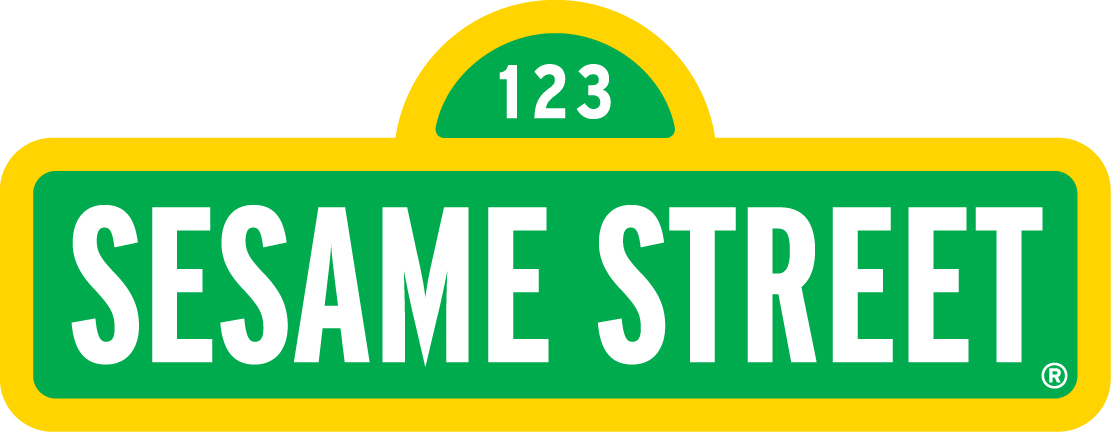Cookie Monster
Oh boy-oh boy-oh boy! Me so excited! Me getting to write post on HuffPo! Me feel like big time blogger. Okay, originally me thought if me get to blog, me blog about favorite thing--cookie. But, it turns out good people at HuffPo want me to blog about controlling me self. Me have no problem with that. Me can control meself anytime. Me no need to eat cookie all the time. Hey, did somebody mention "cookie"? Oh yeah, it was me, in last sentence. That remind me, me love cookie! Me love chocolate chip cookie! Me love oatmeal raisin cookie! Me love snickerdoodle cookie! Oh, all this talk of cookie make me hungry! COO-KIE! Ahm-ahm-ah....
Okay, me need to start again. When me write about cookie, me get so hungry, me eat me computer keyboard. That not helpful when writing blog post. Keep that in mind if you ever asked to write blog post for HuffPo, no eat keyboard. Anyway, now me borrowing Bert's laptop so me can continue. Okay, where was me? Oh yes. Self-control! Now there is fancy term for self-control. It called executive function. Me know what you thinking? What executive function? At first me think executive function is learning skills like how to go to meeting, how to wear pin stripe suit, how not to commit corporate malfeasance. But that not it at all. It turn out, executive function is all about controlling self, focusing me attention, and using me memory. People say controlling self is very important when you go to school. And me tell them me should be poster boy for executive function. Me know all about controlling self. Me control meself round the clock. Wait a minute. Clock is round. Like cookie. Now me can not think of anything else but cookie. Me need cookie! Where coo-kie? COO-KIEEEEEE!! Ahm-ahm-ah...
Okay, me ate Bert's laptop. He no too happy. But no worry, me finish me blog post on self-control by texting this from Big Bird's blackberry. Hey, blackberry sweet and you know what else sweet? Cookie! Delicious, delicious COO-KIEEEEEEE! Ahm-ahm-ah....
Okay! Me realizing now, maybe me need to work on me self-control. While me practice strategy to help control meself, me turning this blog post over to me good friend Rosemarie Truglio, who is fancy shmancy head of curriculum and content at Sesame Workshop. Hey, me wonder if they have any sesame cookie at Sesame Workshop. Me love sesame cookie! COO-KIEEEEEE! Ahm-ahm-ah...
Respectfully yours,
Cookie Monster
Rosemarie Truglio, Ph.D. - SVP of Curriculum and Content for Education, Research, and Outreach
That's right, Cookie. Executive functioning is about more than just wearing pinstripe suits and going to meetings. It is a part of a much broader educational concept known as self-regulation. What is self-regulation? When you patiently wait your turn in line, listen carefully to directions, focus your attention on a task rather than giving up easily, or take a deep breathe when you are upset, you are practicing self-regulation. It's a critical set of skills and abilities that affect children's behavior socially and academically. And now, when parents are trying to teach their children elements of self-regulation like self-control, patience and persistence, they have a new ally: Sesame Street.
It is important for children to enter kindergarten with fundamental reading and mathematical abilities, but those aren't the only skills they require. Being able to follow directions, stay on task, regulate their emotions, and get along with peers is viewed by many teachers as being more essential for school readiness than academic skills such as counting or recognizing letters. Demonstrations of socio-emotional competence, such as resisting impulses and exerting self-control, don't only demonstrate that a child is ready for kindergarten but are strong indicators of future academic success. That's why we've made self-regulation the curricular focus of the 44th season of Sesame Street.
Who is taking the lead in the effort to help children control their emotions and their enthusiasm? None other than the ever-eager Cookie Monster. In Sesame Street's newest segment, "Crumby Pictures Presents," Cookie deals with a number of challenges in which self-regulation is essential to achieving his goal. In "The Spy Who Loved Cookies," Cookie Monster must listen carefully to directions if he is to complete his task successfully and save the cookie crown. In "The Life of Whoopie Pie," the perpetually hungry Cookie Monster must control his desire and refrain for eating a boat made entirely of cookies. Through these and other stories starring our beloved monsters, we can demonstrate to children effective strategies for managing their emotions and desires.
These skills develop rapidly during the preschool years and help lay the foundation for later academic success and a productive adulthood. The skills it takes to navigate friendships, cope with stressful situations, and improve cognitive tasks, such as working memory and deliberately shifting one's attention, can all be cultivated before a child has even reached kindergarten. The collection of affective, behavioral and cognitive abilities (known as the ABCs of self-regulation) work in tandem to help a child develop the strategies and abilities to make purposeful decisions when faced with either a mentally or emotionally challenging scenario.
The goal of Sesame Street's engaging and lovable monsters and diverse human cast has always been to help children reach their fullest potential. But now, in addition to teaching children the basic elements of literacy and numeracy, we're modeling and practicing important self-regulation skills and strategies on the show, in addition to the games and apps based on the show's curriculum. It's all part of a 44-season effort to prepare children for school and a lifetime of academic achievement.
